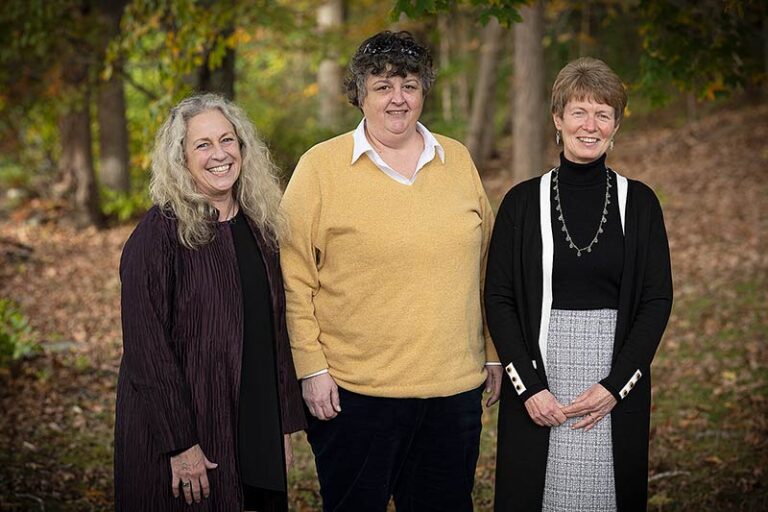As a new member of the Franklin community, I am looking forward to the start of the upcoming academic year! I am really excited to introduce a new addition to the curriculum at Franklin Academy—Anthrozoology. This interdisciplinary field examines the dynamic and complex interactions and relationships between human and nonhuman animals, offering a comprehensive understanding of how animals influence and enhance human life. Anthrozoology delves into various topics, such as companion animal studies, cultural perspectives on human-animal interactions, the science of animal welfare, animal ethics, the human-animal bond, ethology (animal behavior), wildlife and conservation, and the roles animals play throughout human societies.
Anthrozoology intersects with various aspects of daily life, including companion animals and the pet industry, animal agriculture, animals in entertainment, literature and media, zoos and aquariums, wildlife studies, and conservation. Courses in this field offer a wide range of topics to prepare students for real-world applications working with animals or other related fields. Introduction to Anthrozoology and Cross-Cultural Anthrozoology explore the fundamental concepts and cultural perspectives of human-animal interactions. Animal Husbandry and Animal Welfare focus on the care and treatment of animals in various settings, while Animal and Environmental Ethics examines the moral considerations of our interactions with animals and the places they live. Additionally, courses like Animal Behavior and Animal Training delve into understanding the biological and psychological drives of animal behavior and how to work with captive animals in learning new behaviors like aspects of cooperative care in which animals participate in their own healthcare routines. Courses related to working with captive animals provide insights into the management and care of animals in different zoological settings. Conservation Biology emphasizes the importance of wildlife studies, human impact, and the preservation of biodiversity.
Anthrozoology offers several key benefits for neurodivergent students, including enhanced social interaction, emotional regulation, and hands-on learning opportunities. Working with animals provides a non-judgmental and supportive way for students to practice social skills and build confidence. Research has demonstrated that working with animals can have a calming effect, helping students manage stress and anxiety more effectively. Furthermore, Anthrozoology involves practical, procedural, and experiential learning that is particularly engaging and rewarding for students who thrive in hands-on environments. By embracing this field, we aim to inspire curiosity, compassion, and a deeper appreciation for the intricate connections between humans and animals, creating an inclusive and supportive environment where all students can explore and develop their unique talents and interests.




